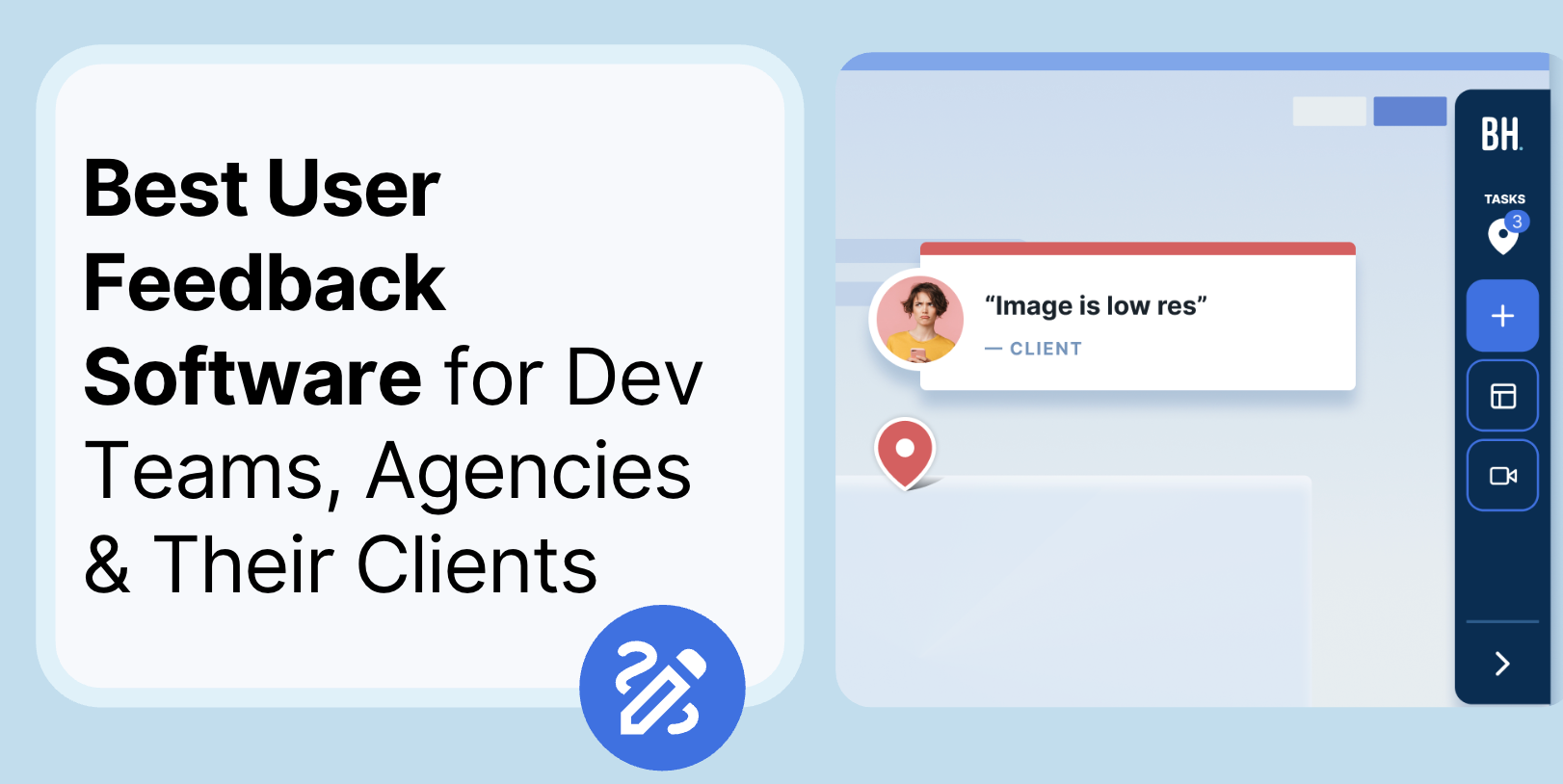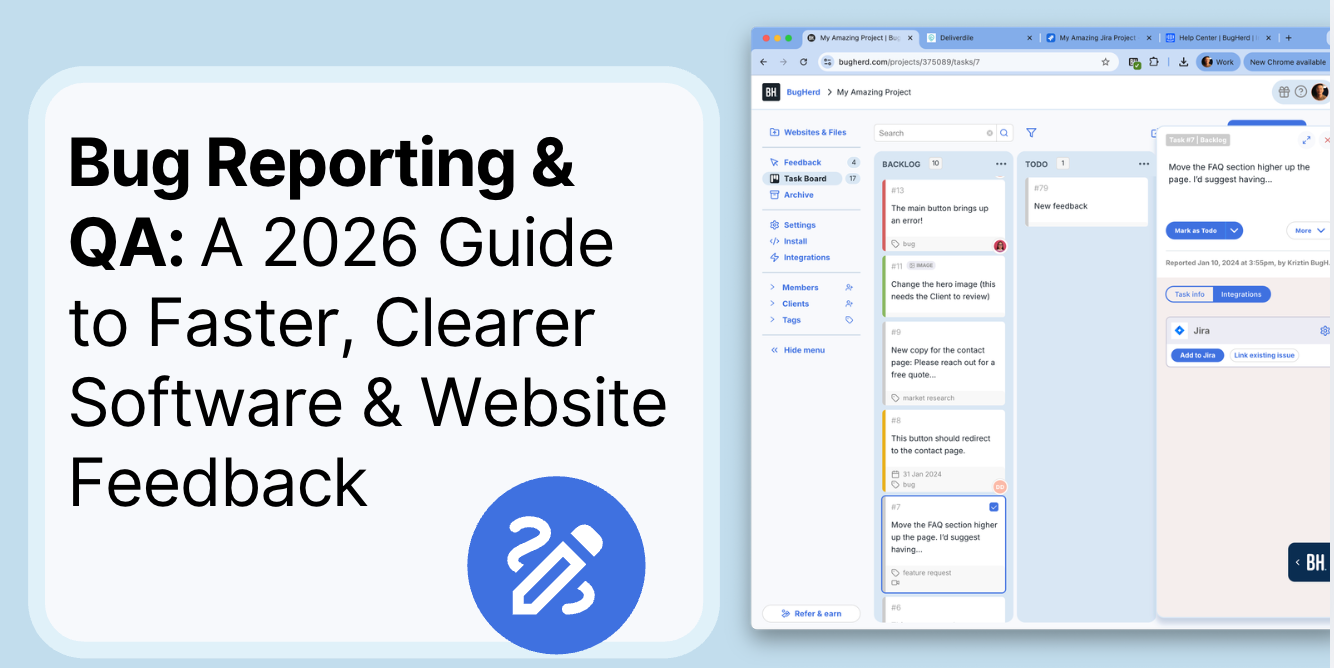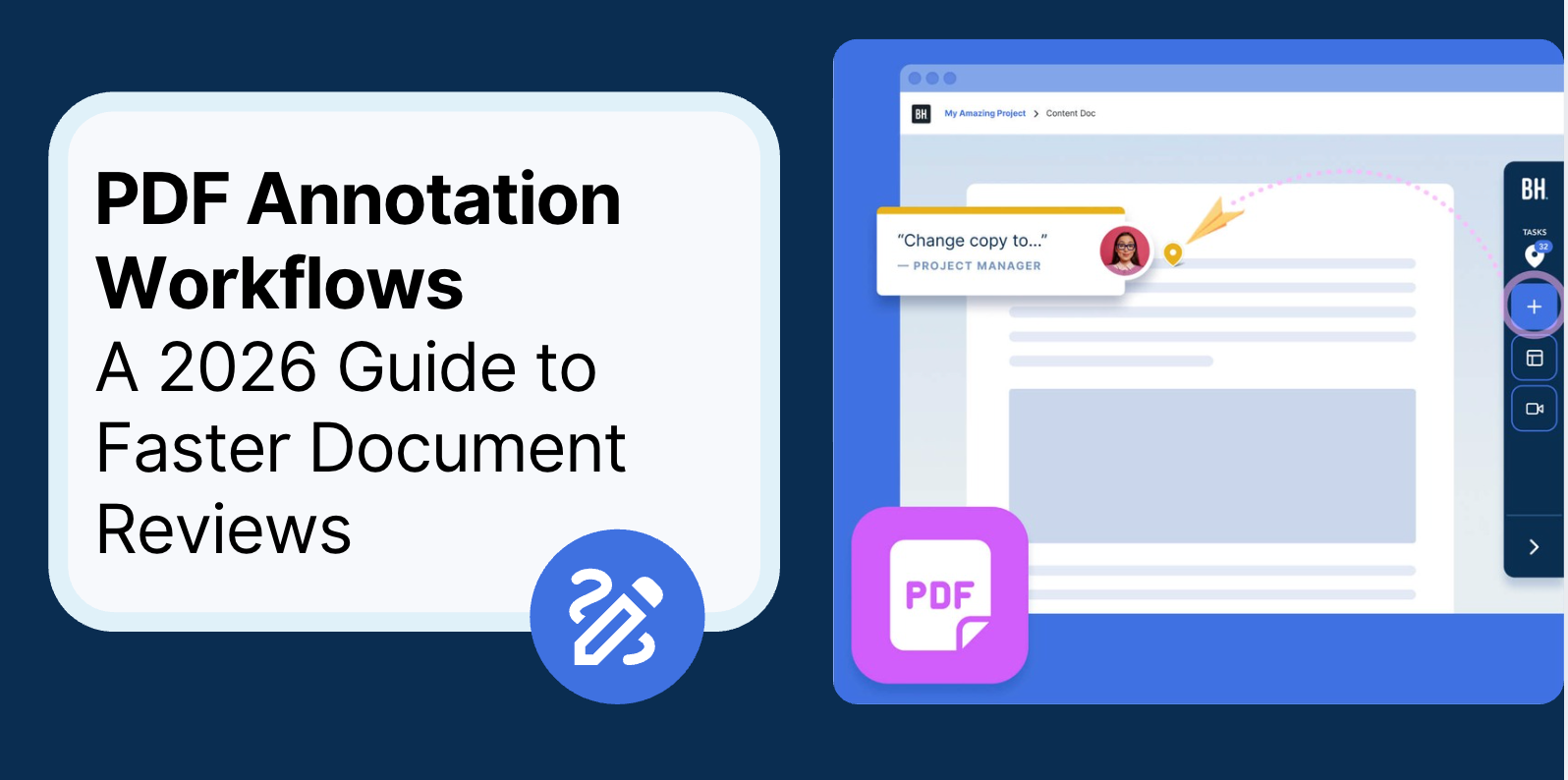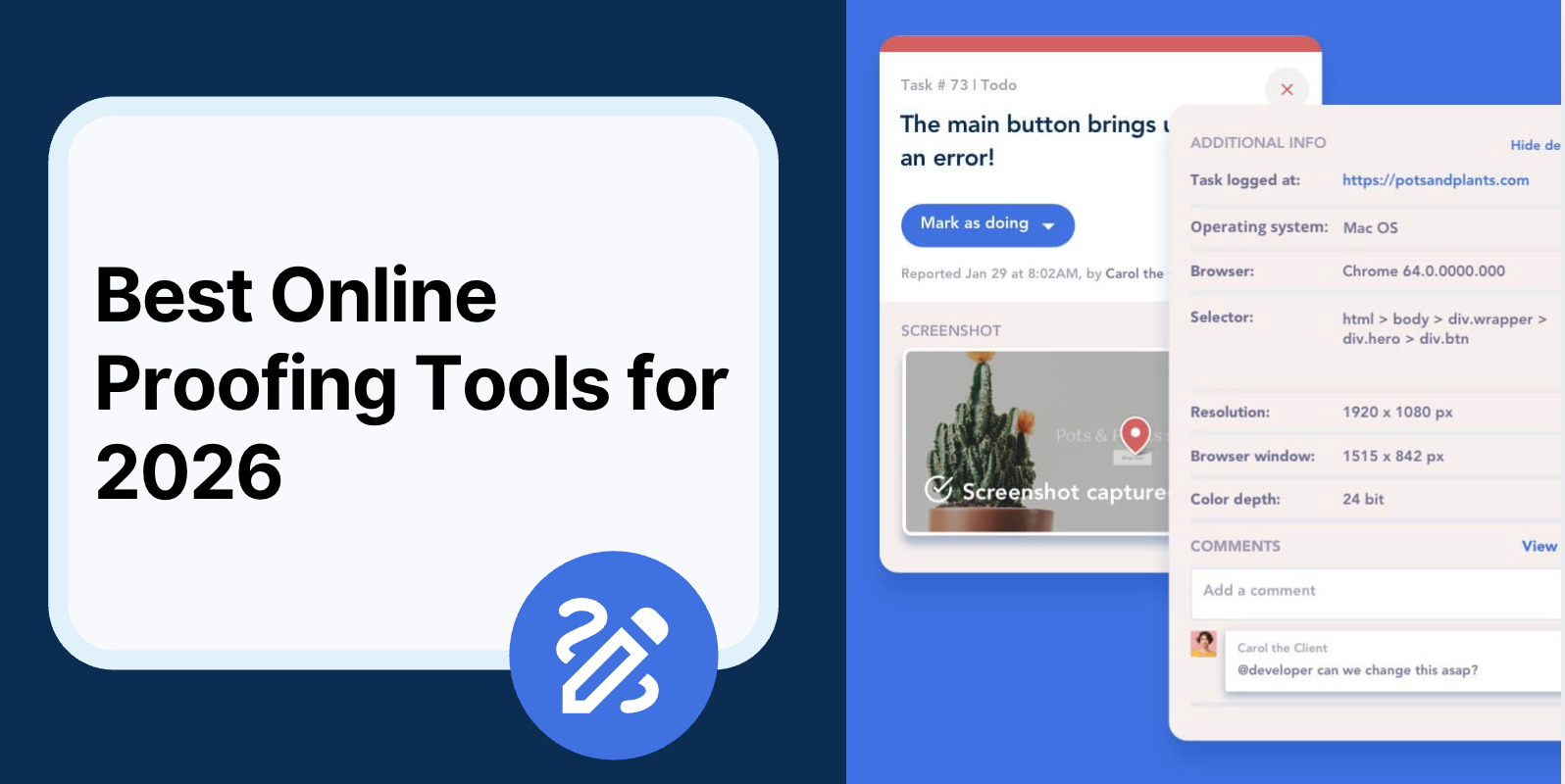As a startup founder, one of the hardest things you have to learn to do is to relinquish control. Once you start hiring you have to work incredibly hard to resist the temptation to micromanage your team. I still remember the first time one of my team asked me politely to “leave shit alone”. It was a tough thing to hear, but I recognised the message I was given. It wasn’t just about micromanaging, it was about something much deeper.
You know these people can do their jobs. You interviewed them, you tested them, you made sure they can do all the things they say they can do. The only thing missing is your trust. If you can’t trust them to do their job, then why did you hire them in the first place? They are what will make you succeed or fail, stop treating them like school kids, and give them the respect they deserve…. you may be surprised at the results.
Once you trust your team (and you prove that you can), then they’ll start to trust you. Once you have a team where employee trust is implicit, then communication opens up, problems get solved, barriers are torn down and momentum increases. Rather than having everyone in your team working in their own little world, you have a team where everyone knows where they’re headed, and they all feel like they can contribute directly to the effort to get there.
Trust is amazing in that it builds upon itself, and makes life better for everyone along the way. When you know that your team is always doing the best they can for the company and for each other, you stop worrying and let them make choices for themselves. At Macropod for example, we let the team work the hours they want to work, from home or the office, we’re happy for them to play games during the day (we have an Xbox and a Wii in the office), we let them take an unlimited amount of sick leave and we don’t ever ever question their dedication to their work. If someone says they can’t come in today, we don’t ask why. If someone is sick, we don’t ask for a doctors certificate. If someone is running late, we don’t ask them to make up the time later. All of these things are about demonstrating your trust in your team. “Face time” is only important in companies where there is no trust.
This trust comes back in spades. With trust comes autonomy. With autonomy comes pride in one’s work. You’re no longer just doing what the boss or some process tells you to do, you’re doing what you want to do, and in a way that you want to do it. When you’re proud of where you work, you’re more likely to tell others how amazing your company is. When someone doesn’t need to worry about whether they have sick leave owing, they’re less likely to come into work and make everyone else is sick. When someone knows that they’re able to stay home and look after their sick partner or kid, they’re more inclined to value your workplace over any other. When someone has to spend weeks in hospital for a broken leg, they don’t need to worry about what happens when they run out of sick leave, because it won’t. These are good feelings to have.
Trust, of course, is a two way street. It’s not only about showing trust in your staff, it’s also about being trustworthy yourself. If you don’t pay your staff on time, if you don’t make yourself available for 1 on 1’s, if you don’t give the team a chance to tell you their problems (and then help resolve them), then you’re going to look disingenuous. By demonstrating continually that you are someone to be trusted, and that you trust them in return, you are able to build an open, communicative team that can lean on each other when times are tough, but also have fun together when times are good. Both are equally important.
The last, and probably most important, part of trust is realising that we’re all human. We all have good days and bad days. We all have things outside of work that sometimes consume us and make us less effective than we’d like to be. None of us have simple lives, everybody’s life is complex and filled with nuance. By recognising your team as a set of individuals, with their own diverse problems and pains, the entire team will see each other as humans, not just bums on seats. With trust comes respect, and it’s only with respect that we can really understand, and work with, each other effectively.
I’ve worked in places where the boss stands at the door tapping his watch at 9am. I’ve seen staff victimised, abused and brought to tears. I’ve seen employees laugh at and deride managers behind their backs. Worst of all, I’ve worked for too many managers who demanded respect and yet had earned none, and I’ve worked with too many people that deserved limitless trust and yet received nothing but suspicion. I’ve worked in some shitty places in my time and I swore that, given the chance, I would do it different. I’m proud to have built a company where trust is a core tenet and where being a human matters most of all.
Trust starts with letting go of your responsibilities, but it ultimately ends with welcoming and respecting people for who they are. It means that when you hire, you don’t just hire someone who is great, you hire because someone is good. If you fill your team with good people, kind people, trustworthy people, then everyone benefits. Startups need to move beyond the “no assholes allowed” policy, and instead build a company based on trust, diversity and openness.
















But don't just take our word for it.
BugHerd is loved by 10,000+ companies,
350,000+ users across 172 countries.
4.8/5
4.7/5
4.5/5
5/5
8.7/10
Sam Duncan 📱📏 🌱
@SamWPaquet
"@bugherd where have you been all my life??
We just migrated our bug tracking over from Asana and have at least halved our software testing time🪳👏📈. "
Ashley Groenveld
Project Manager
“I use BugHerd all day every day. It has sped up our implementation tenfold.”
Sasha Shevelev
Webcoda Co-founder
"Before Bugherd, clients would try to send screenshots with scribbles we couldn't decipher or dozens of emails with issues we were often unable to recreate."
Mark B
Developer
“A no-brainer purchase for any agency or development team.”
Kate L
Director of Operations
"Vital tool for our digital marketing agency.”
Paul Tegall
Delivery Manager
"Loving BugHerd! It's making collecting feedback from non-tech users so much easier."
Daniel Billingham
Senior Product Designer
“The ideal feedback and collaboration tool that supports the needs of clients, designers, project managers, and developers.”
Chris S
CEO & Creative Director
“Our clients LOVE it”
Emily VonSydow
Web Development Director
“BugHerd probably saves us
at least 3-4hrs per week.”